Why your Brita Filter is Lying to you!
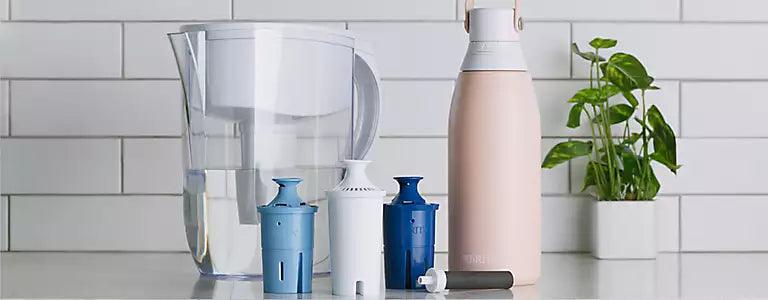
There are 4 Things Your Brita Pitcher Is Failing At
Most people swear by their Brita Filters, and they are an industry standard for the very baseline of water purification, and while most people you know may use one, it might not be the best water filter for your own home. Most Americans, consider a Brita filter to be incredibly safe, which is a dangerous position for any company to be in, and one that Brita uses very specific language to keep.
To put it bluntly, Brita filters are mostly cosmetic. Since they deal in surface-level odor and taste, and not in eliminating all of the actual toxins, Brita Filters are, for all intents and purposes, the Febreze of water purification. Your guests won’t know the difference, but their bodies will, and so will yours.
The good part is there is a solution to filtering out the toxins in your water. Whether that be lead from the old pipes in your area or contamination from nearby corporations we have the technology now to ensure your safety.
Not sure if your water is clean? There are tons of resources available for you to find out.
The EWG tap water database is an easy way to see the quality of the tap water in your area. Just enter your zipcode. ewg.org/tapwater
If you want a more personalized approach you can order one of our water test kits to examine the water that comes straight out of your tap

So back to the subject at hand… Brita filters are a waste of money.
Brita fails where a lot of other filtration devices flourish, not only in water content, but also in maintenance, Brita filters are costly, needy kitchen appliances that could, and should be doing a lot more for you.
1. Most Brita Filters Don't Remove Lead or Fluoride in Tap Water
Now, most U.S. cities aren’t facing a lead poisoning problem, but depending on your part of the country, you may need some real filtration in your life. Brita, unfortunately, does not have the technology to filtrate Lead.
Here is a chart from Brita’s site, showing you what they filter out. Notice that in most cases, you have to buy their most expensive filter, or solution, to actually remove the most important toxins omitted from your everyday drinking water.

Image: Brita.com
2. Brita Filters Get Rid of Chlorine, Mostly
We’ve become accustomed to our water tasting like almost absolutely nothing these days, and the more tasteless it is, the more “pure” it is, right? Well, not really. Chlorine, in the quantities where it appears in your average American tap water, isn’t actually all that bad for you. In fact, Chlorine is simply a gas that can actually evaporate completely if you just fill up a run-of-the-mill pitcher and leave it in your fridge for about a day.
Brita sells you on the idea that they are removing the chlorine out of the water when really they aren't doing too much of the heavy lifting. So it begs the question, what are you actually paying for?

3. Brita Filters Don't Eliminate Bacteria, Fungus, Or Viruses
When we think our water has been “purified,” it most likely, has just been stripped of Chlorine. But most people assume that their water is pure, flavorless water. While most filtration processes *do* get rid of some toxins, they tend to leave in more than they remove. Bacteria, fungus, and viruses are commonly found even in filtered Brita water. So while it may be assumed “the Brita will fix it,” that is simply not true. Only a process that purifies everything in the water can be trusted, and that’s why you’re better off putting in a little bit of time and effort to fix the water problem in your household vs just one tap at a time.
Here are just a few of the harmful particles found in water:
Legionella: This is a form of pneumonia caused by bacteria *primarily* in water systems. This can lead to Legionaire’s Disease, which sends over 18,000 people to the emergency room per year. A study of people with LD outbreaks showed that 75% of people who had this disease experience LD-related fatigue throughout the rest of their lives. The worst part about this disease is that it’s avoidable. This is a specifically drinking-water-related danger and can be avoided through clean water.
The Goodfor Solution -
Bromates: A common byproduct of disinfection of water, bromates are naturally-occurring and tend to develop in common water systems. A study found them to be potentially carcinogenic. It’s harmful enough that the EPA has a standard that they consider “non-cancerous,” which is hardly comforting. Bromate flour is banned in the entire E.U., South Korea, parts of South America, all of China, India, and a bevy of other territories where everything is made with more organic ingredients.
Bromates can also be found in vegetable oil — as in, corn syrup, or the sweetener that the vast majority of soda and snack products use as the primary ingredient.
Barium: Barium is a naturally-occurring substance that if consumed in large quantities can result in horrible gastrointestinal consequences. While most water supplies won’t have enough barium in them to be any kind of danger, it is not something you want to consume. It is regulated by the EPA, capping its Maximum Contaminant Level Goals at 2mg. A dose as small as 0.2mg – 0.5mg has been found toxic in adults, which can affect your bones, lungs, and blood for the rest of your life.
In a test that was conducted on a Brita filter using average U.S. tap water, the test found that the resulting “filtered” water was 10,0000 times (10,000x) more bacteria than the average U.S. tap water with no Brita filter. While your Brita filters do make your water taste better, they are doing you a disservice if you’re not changing your filter every 40 gallons.
Now, keep in mind, by the way, that you’re supposed to drink, *very roughly*, about a half gallon of water per day, which means that if you don’t change your Brita filter every 8 weeks, you’re likely doing yourself more harm than good by even using the filter, no matter how “good” it tastes.

image: The next digit // wayne murphy
4. If You Don’t Change Your Brita Filter, It Becomes Way Worse Than Tap Water
As stated above, these filters get really, really disgusting. Every bacteria, chemical, mineral, and toxin that can potentially be found in water isn’t being filtered out yet staying in. If you choose to have a Brita you much change the filter every 40 gallons, which is approximately every 8 weeks if you live alone, and once per month for a family.
Brita filters do a great job of preserving the “pure” water taste we’ve become accustomed to, but it does very little, to actually protect you from harm.
What To Do: One great example of a better system for cleaner water is a Micromax System, which gets rid of anything that isn’t a water molecule, and ensures you’re getting just water and nothing else. You can always supplement your diet with the nutrients that tap water would give you, that’s no problem at all, and those nutrients are relatively negligible when considered in an overall normal diet, but you just can’t solve a lot of the problems that public drinking water would cause in the long run if anything went wrong.
We offer one here, in a subscription model, for this very reason.
1 comment

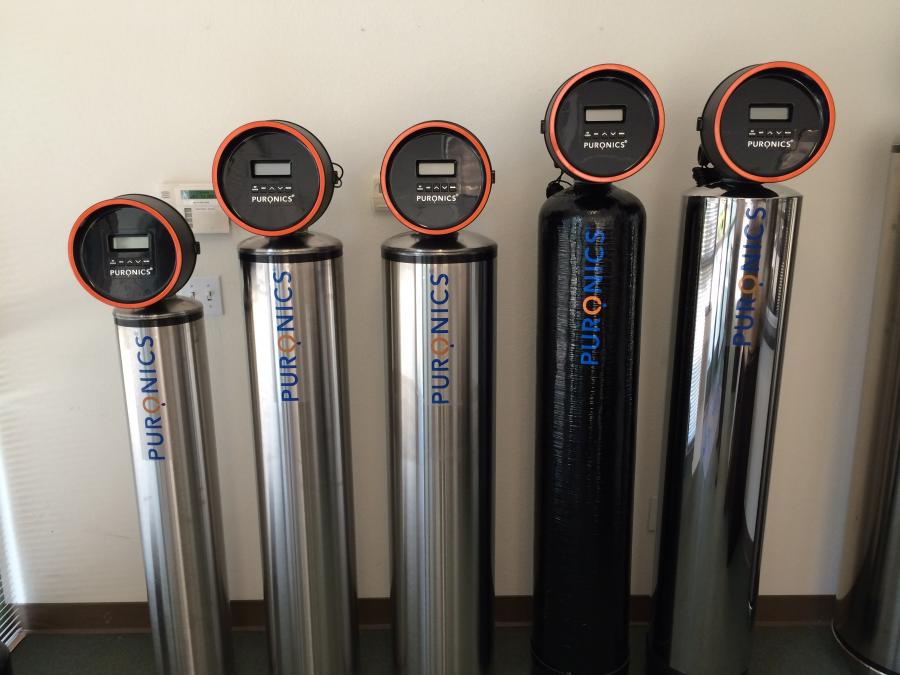
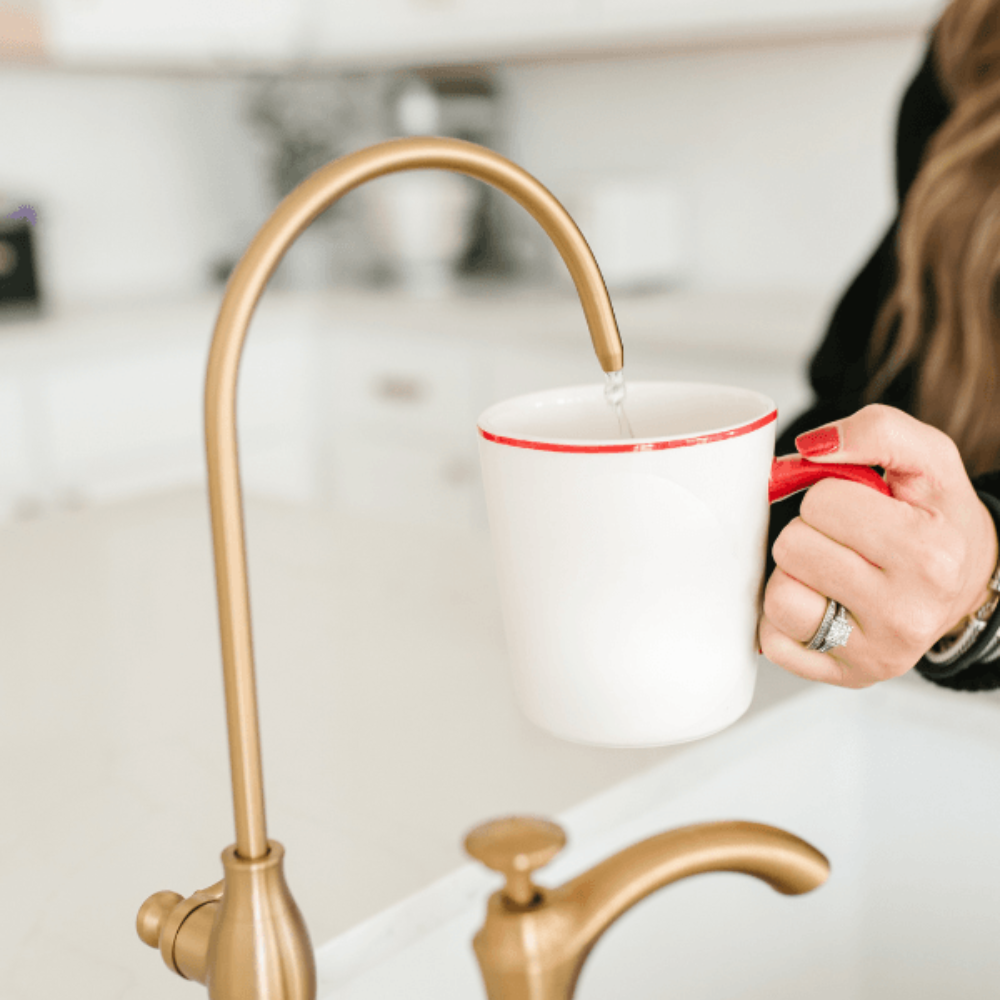
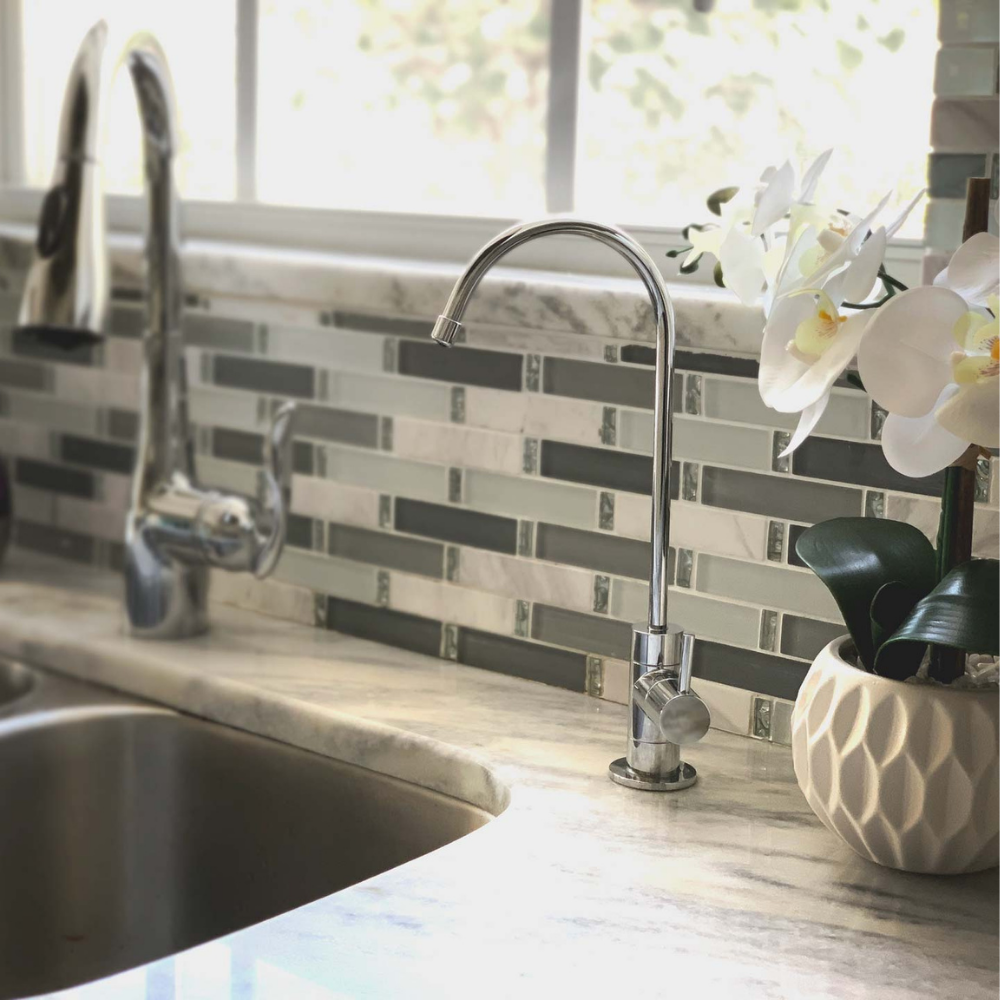
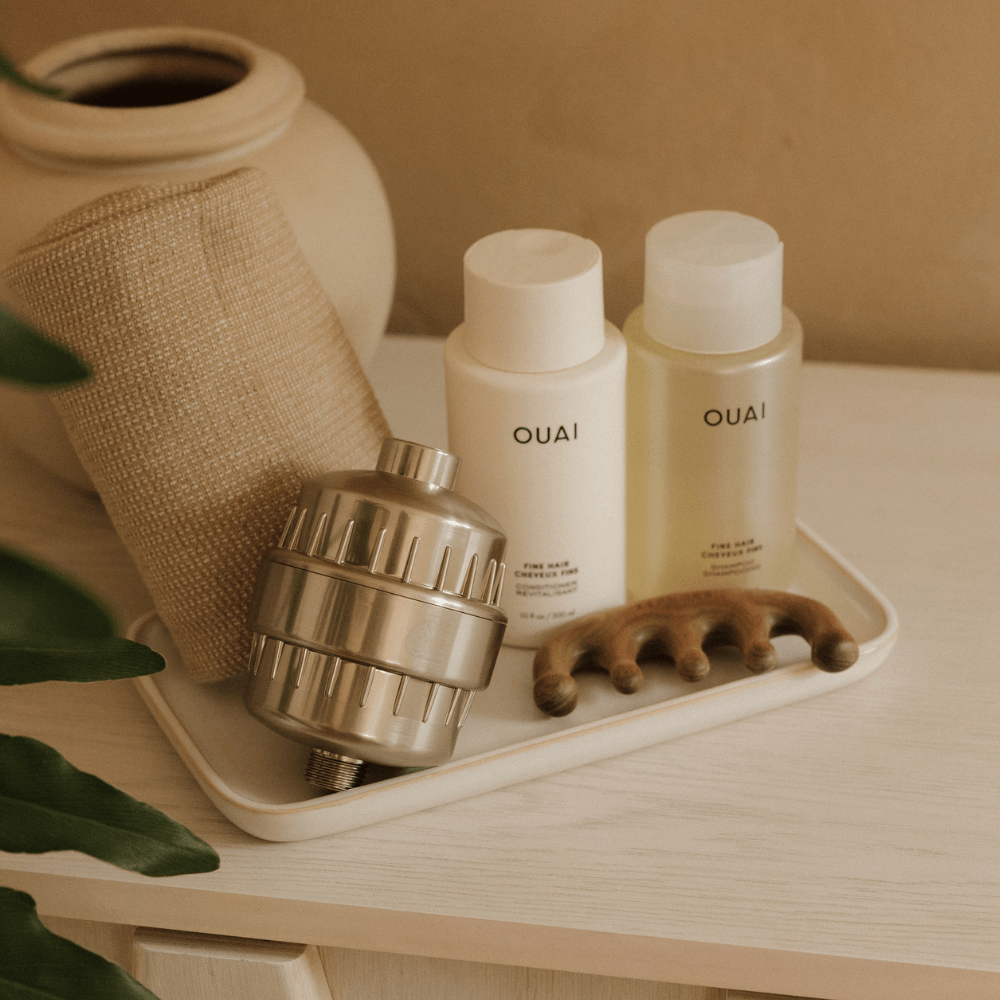
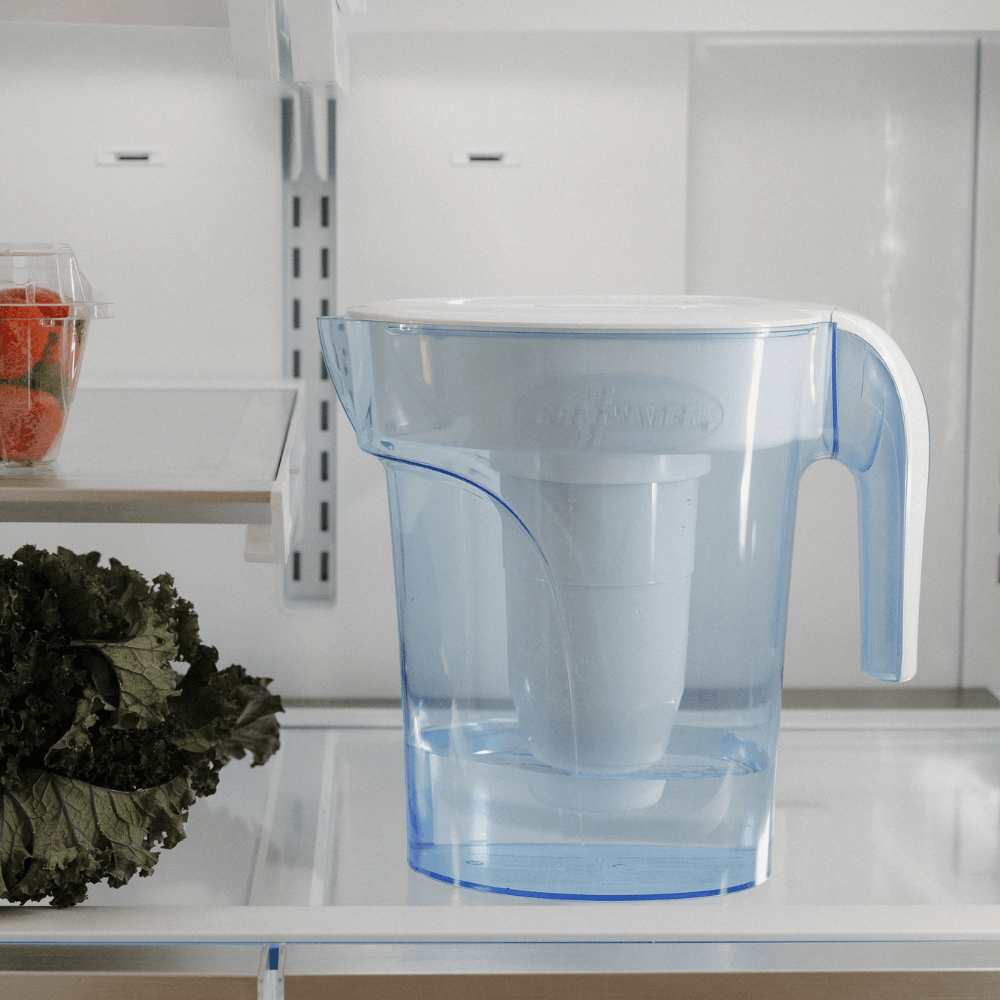
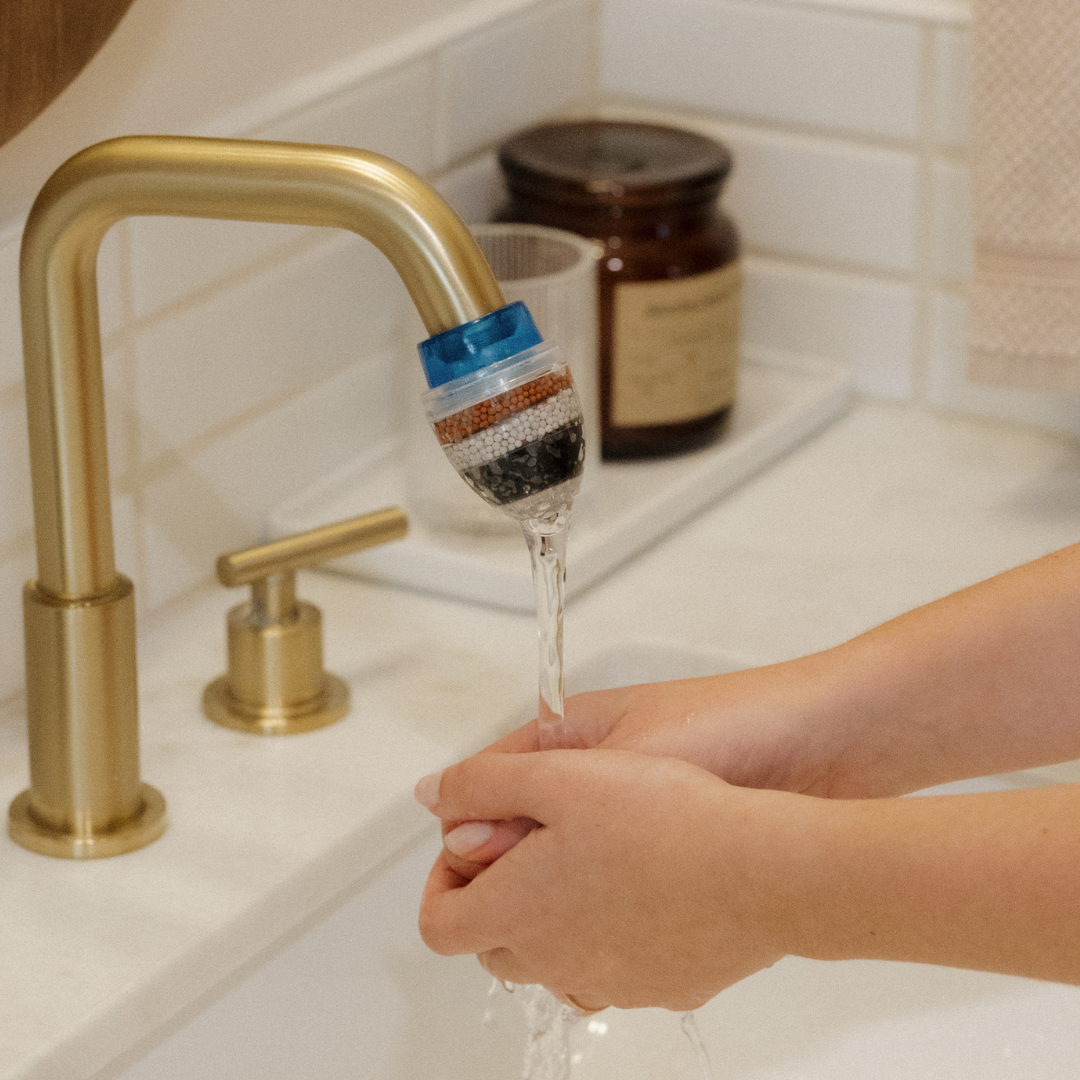
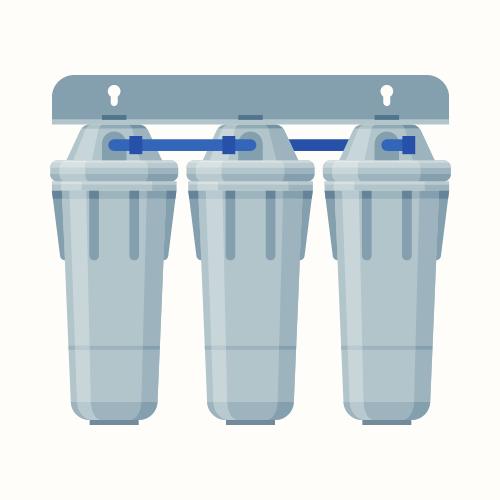
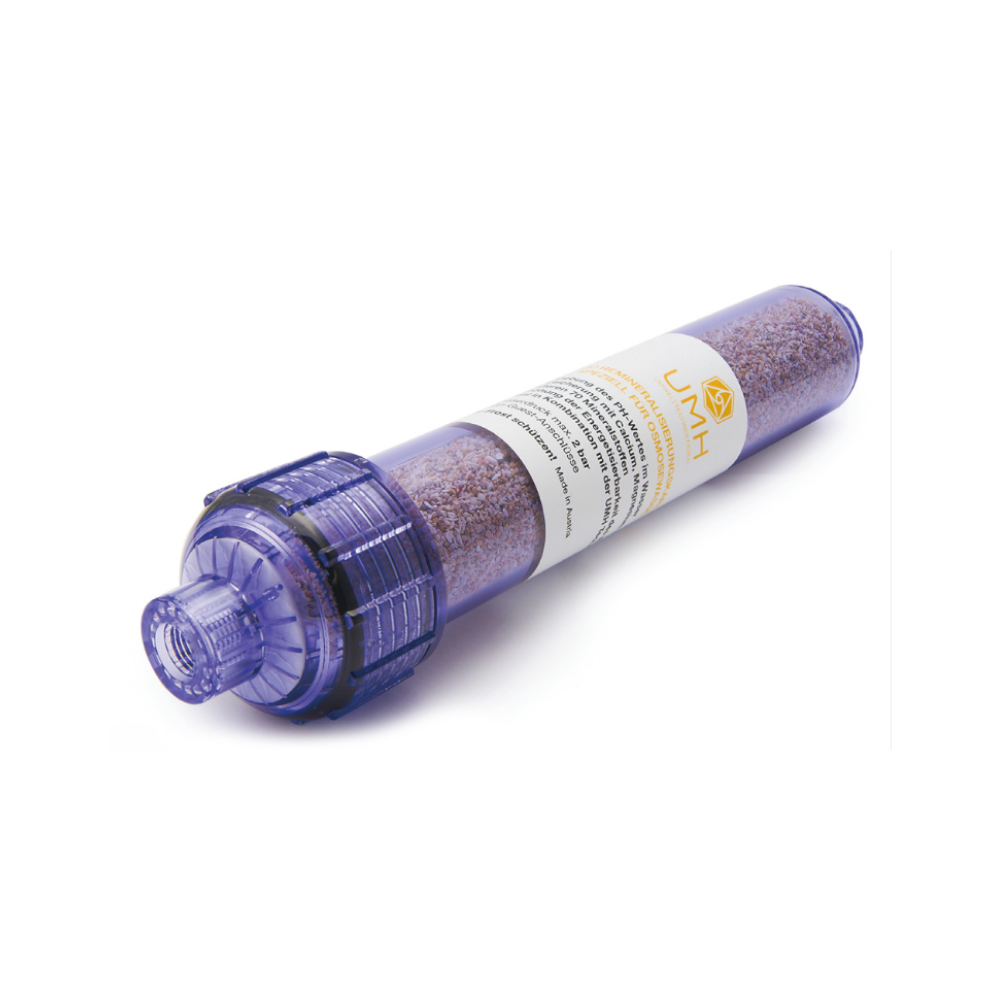
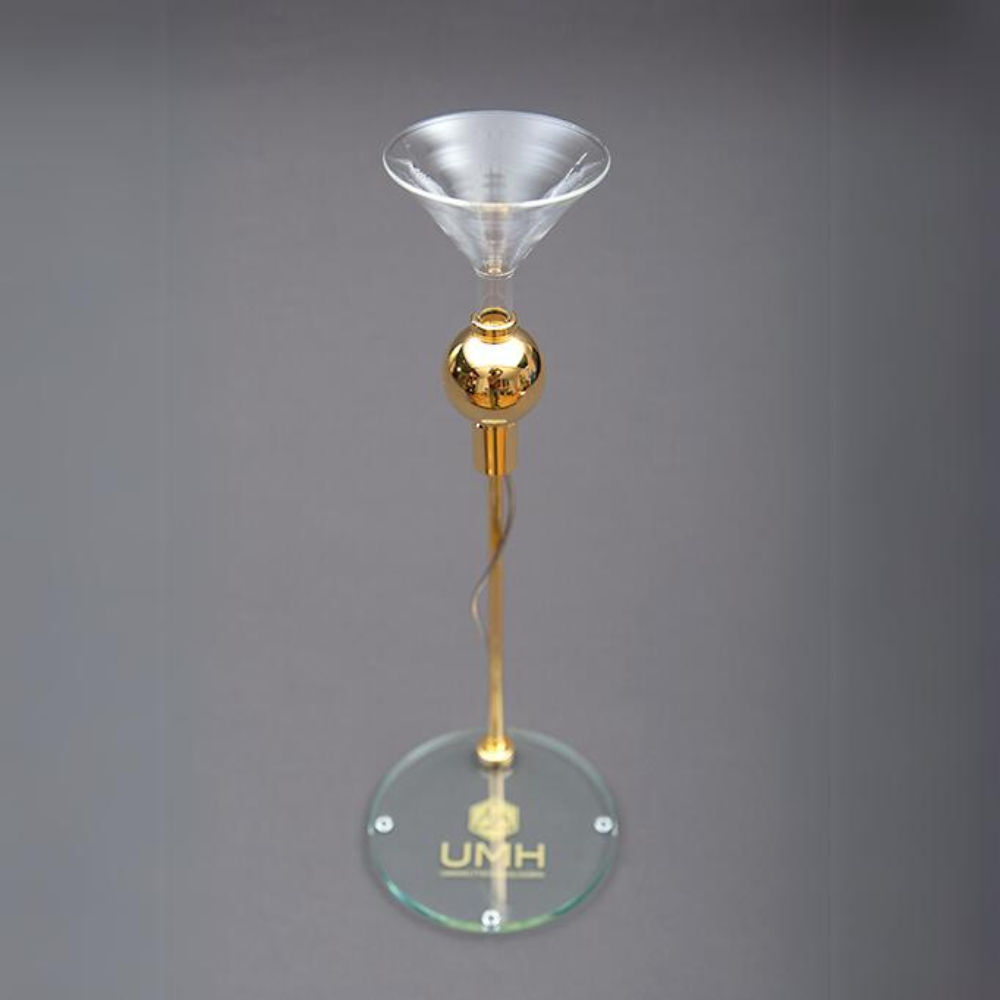
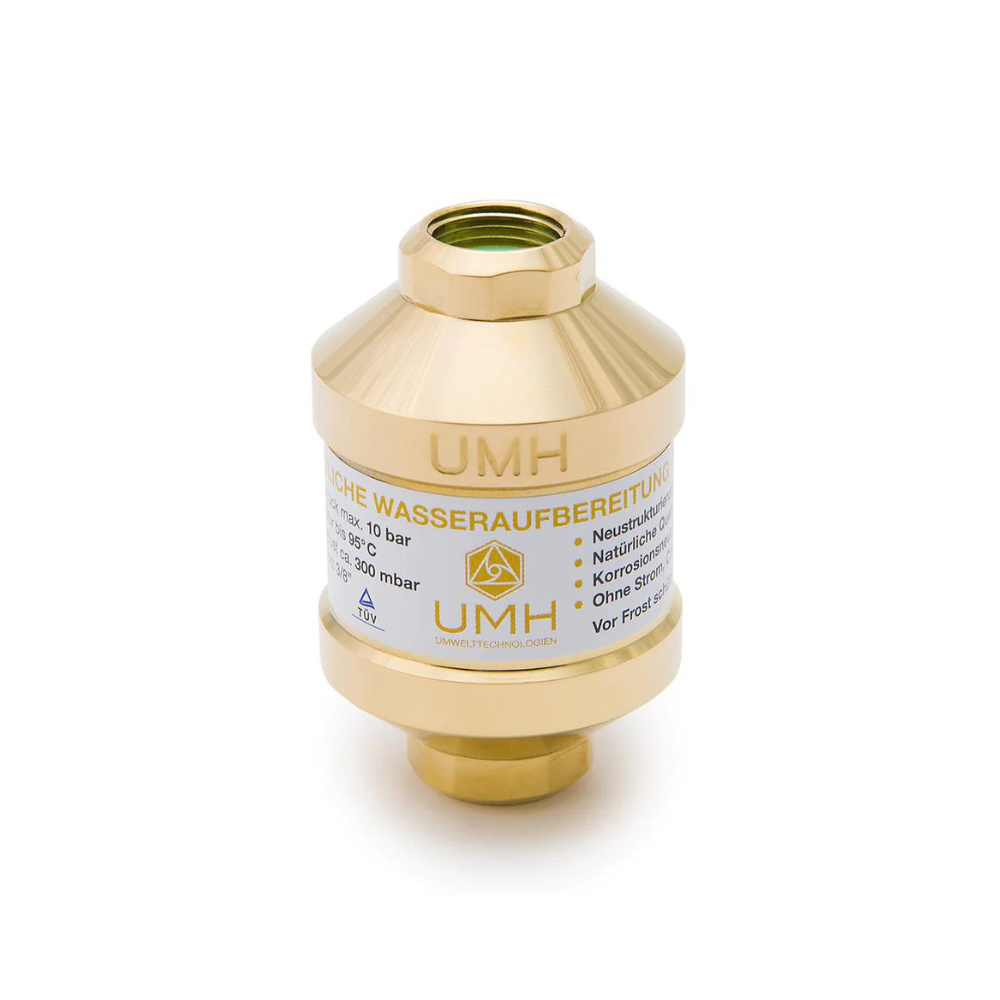
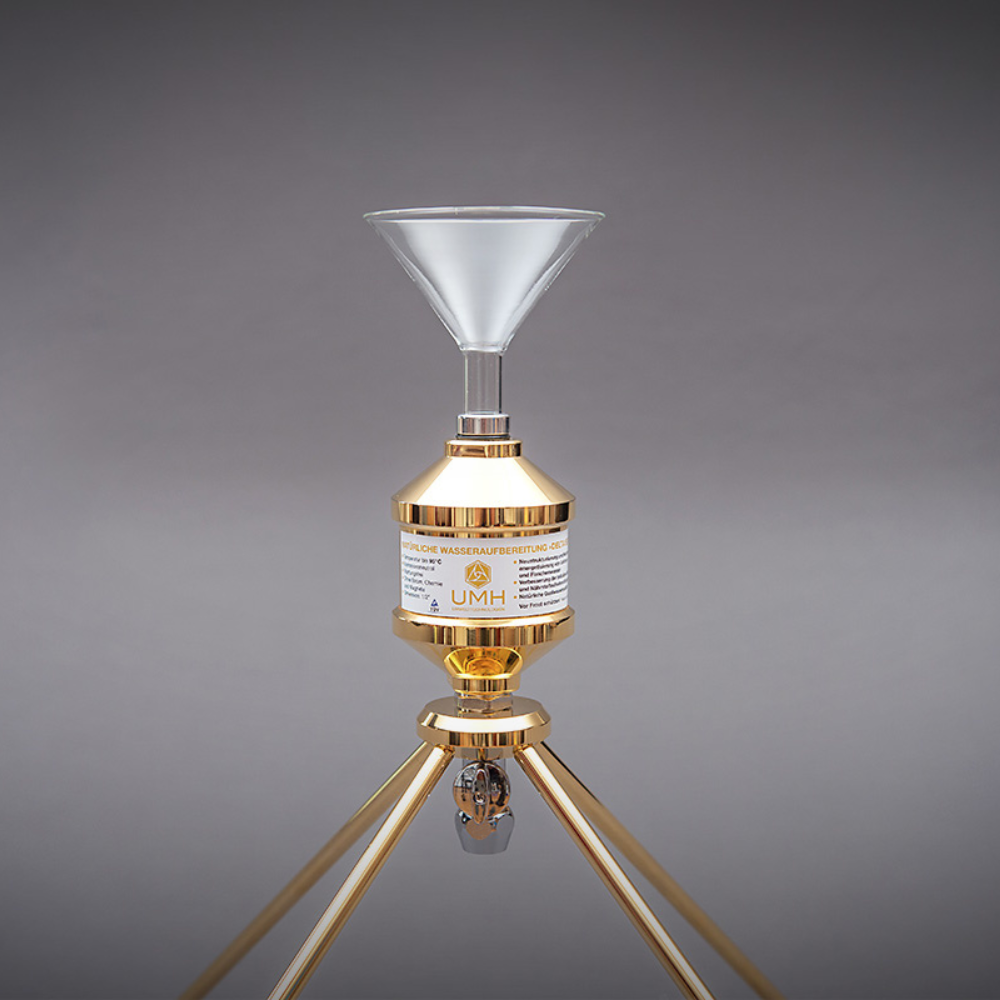
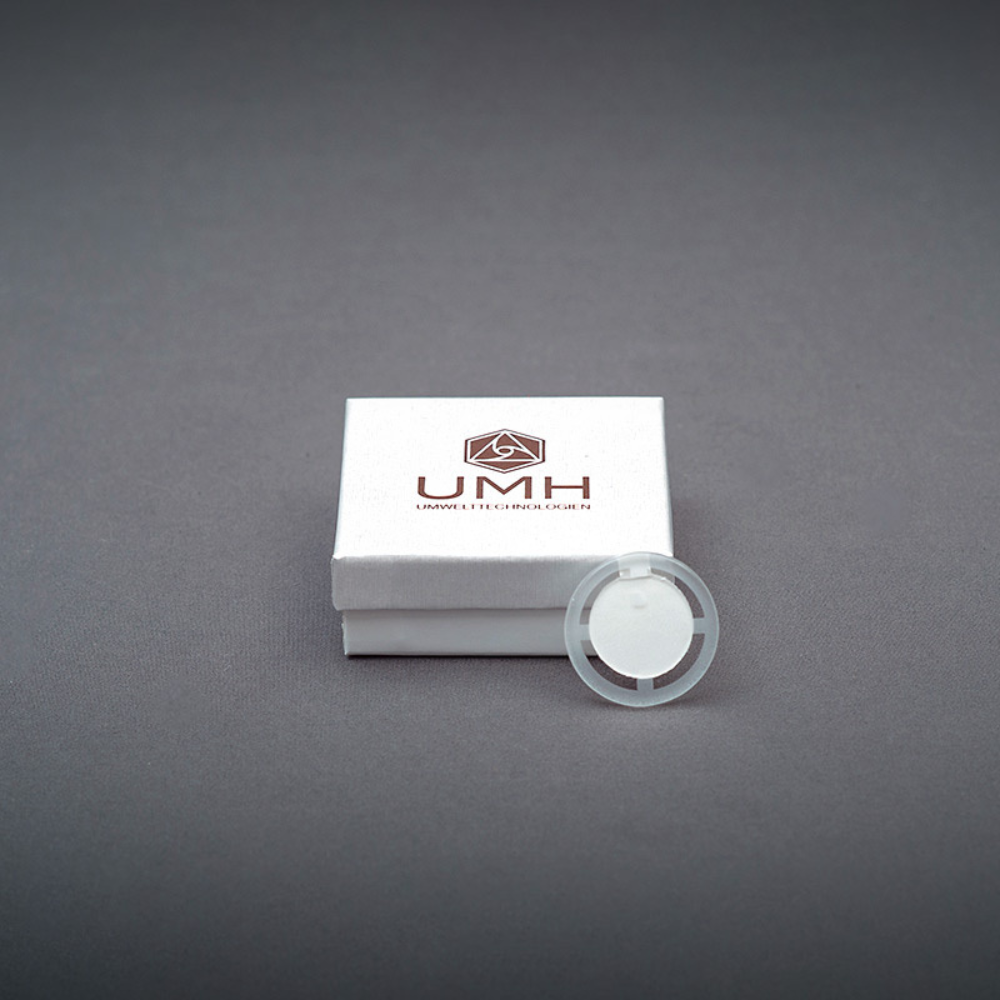
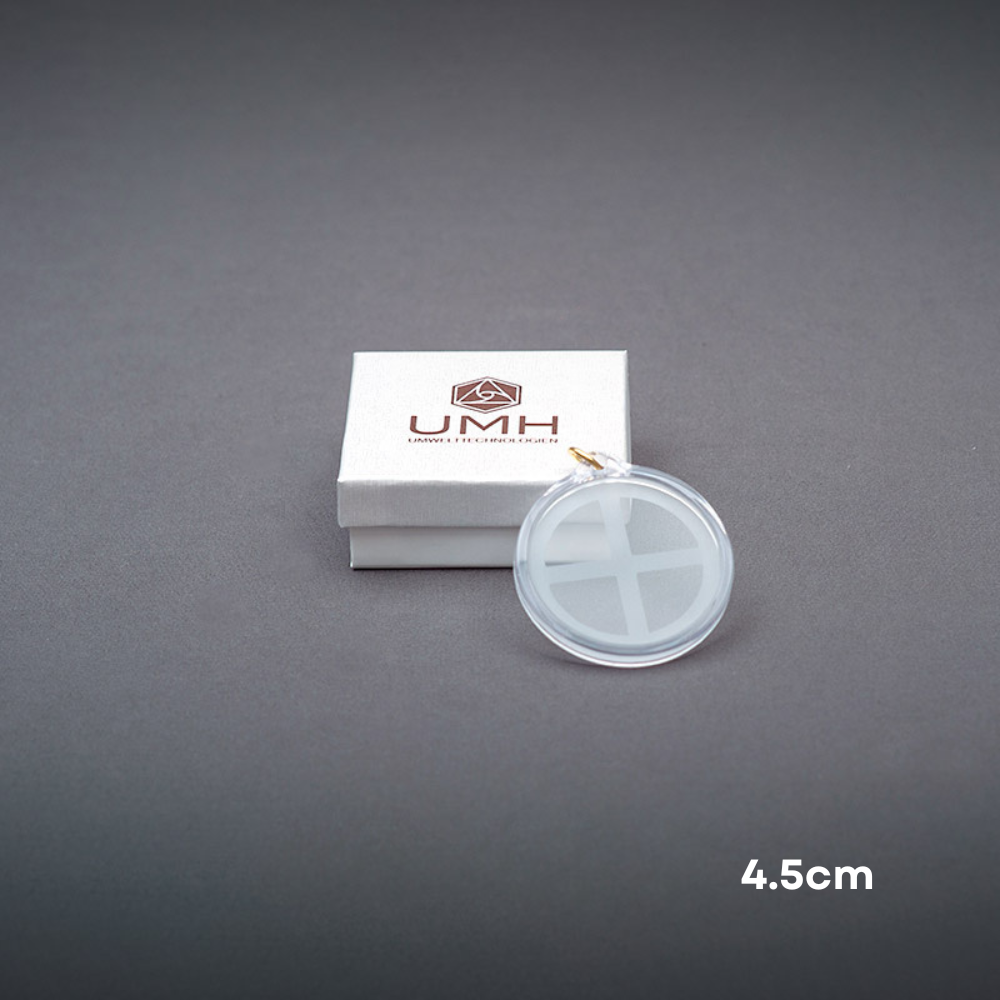

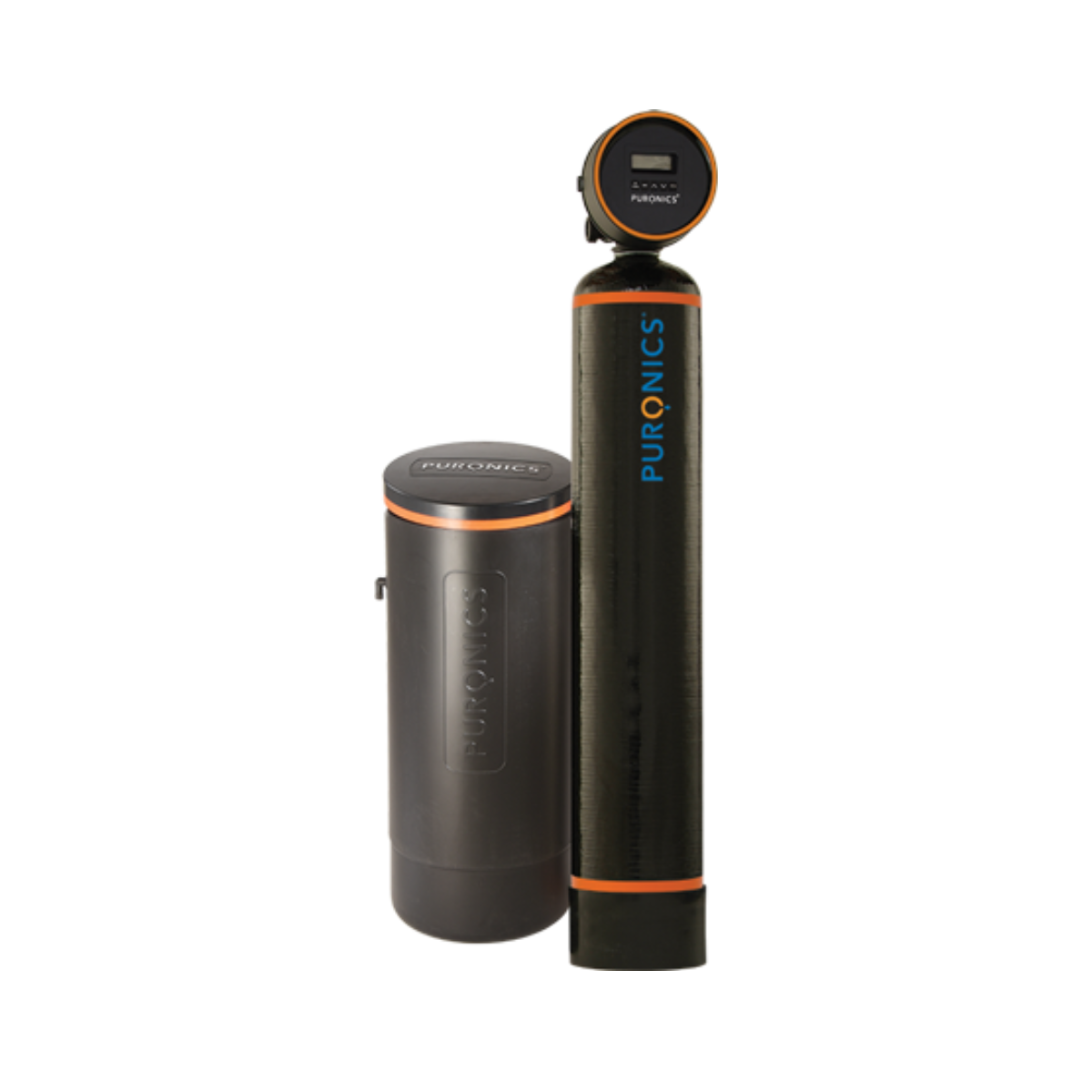
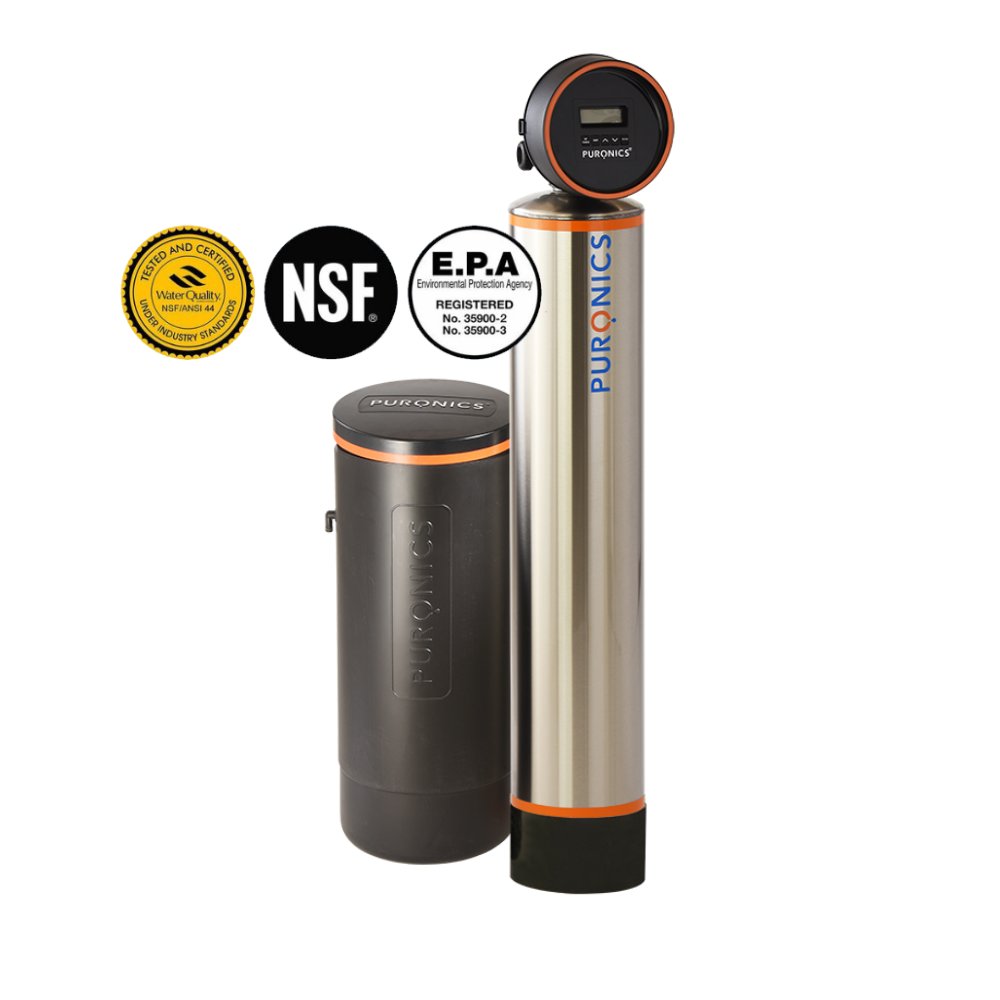
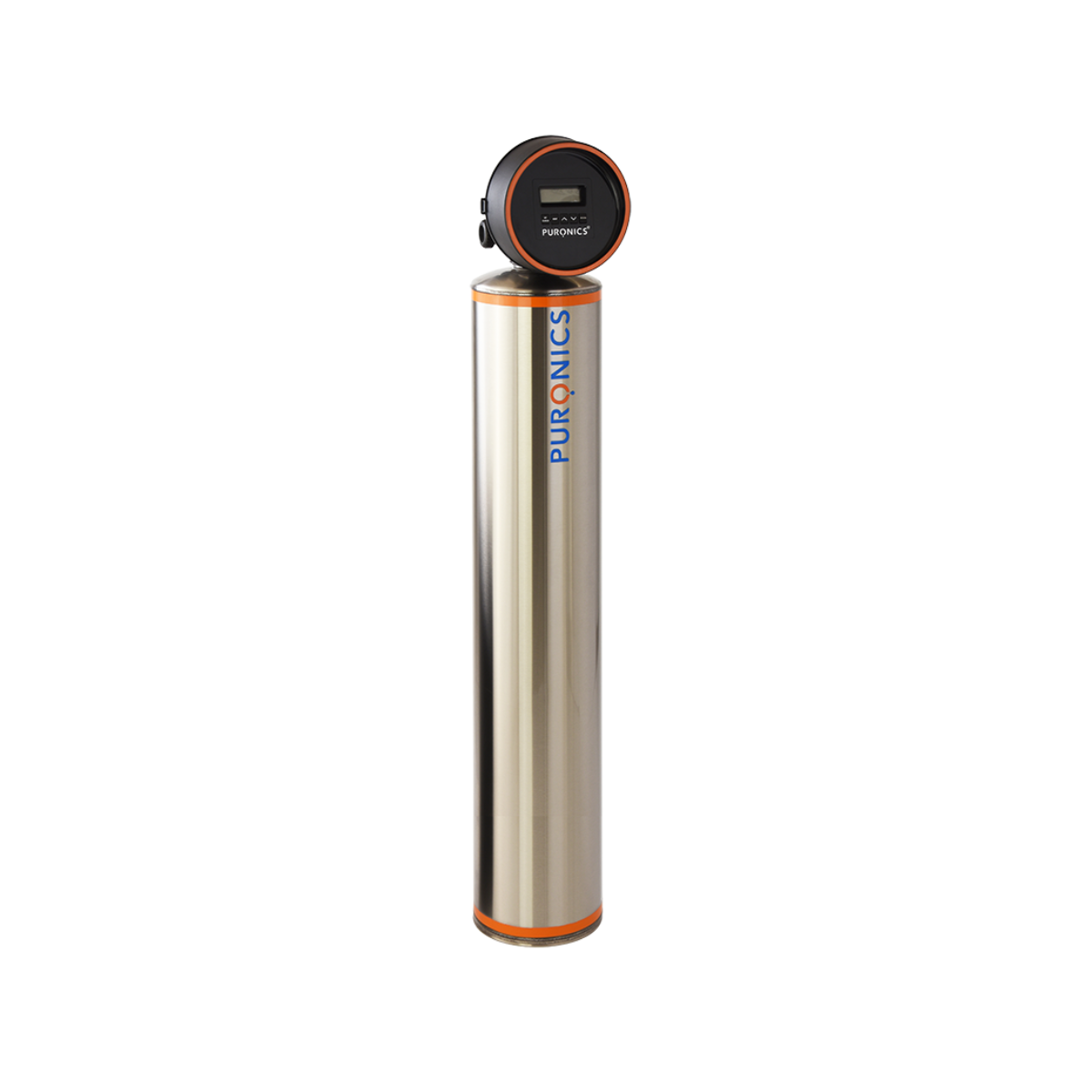
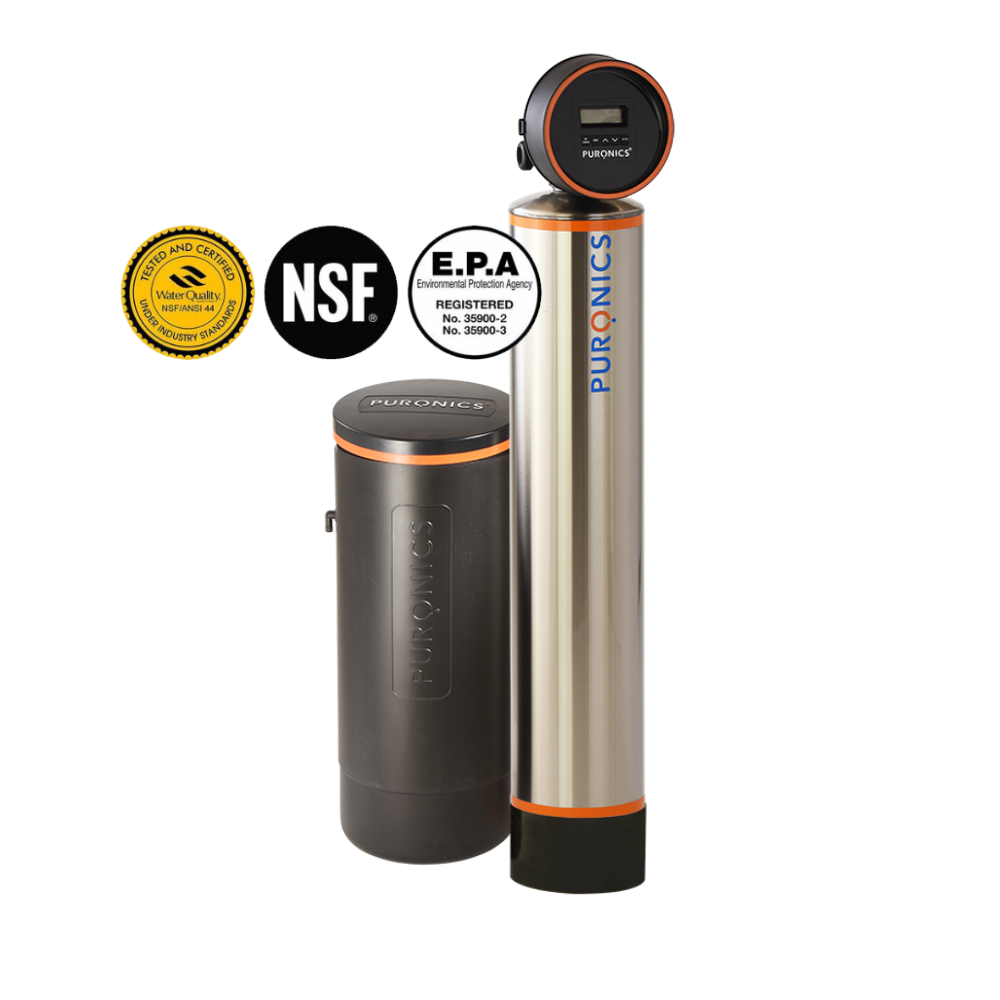
Hi, I am truly interested in the issue of water filtration, but here is my problem with your article. You cite a number of studies. The one that states that water filtered through Brita has 10000 times more bacteria is a study that was conducted in 1996…that is near on 30 years ago! The LD study is from 2002 and the bromate study refered to was from 1999. These are really old studies to be citing in 2023/4. This is all quite misleading….